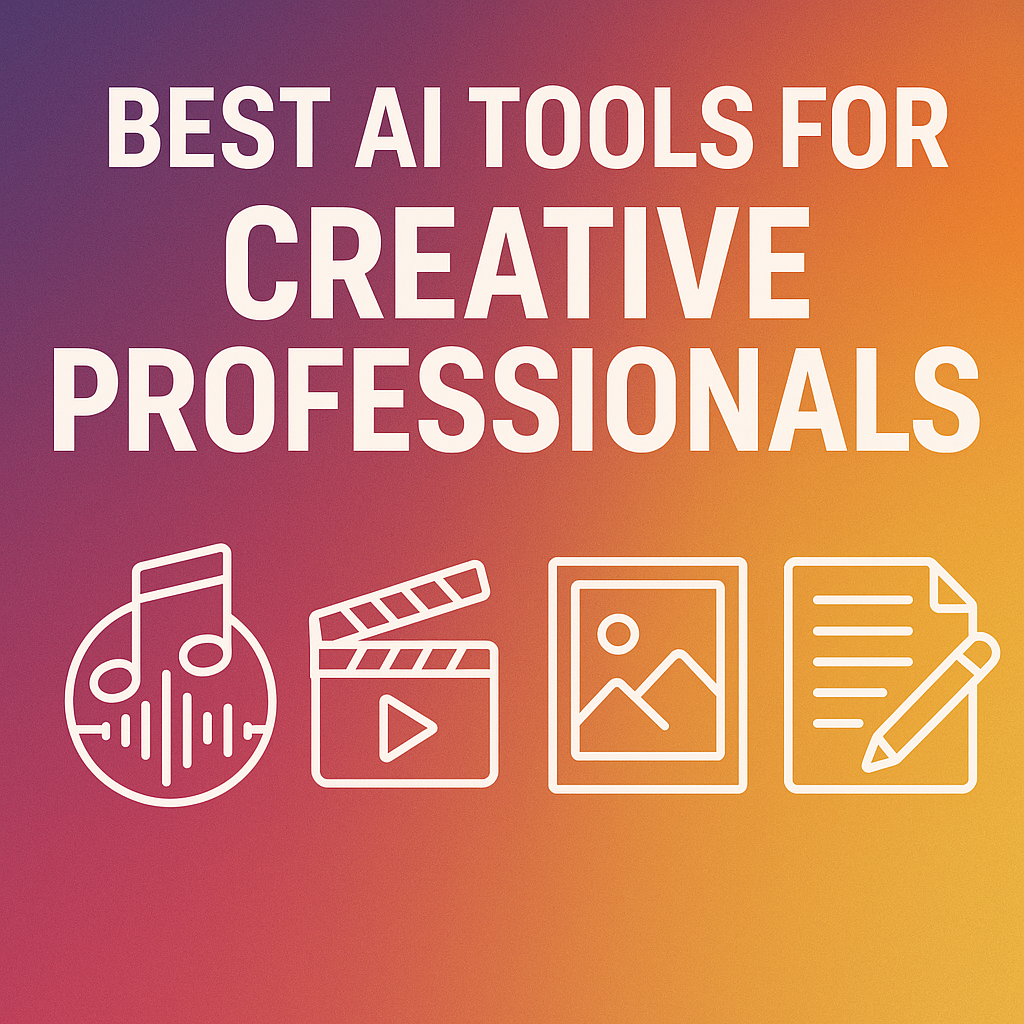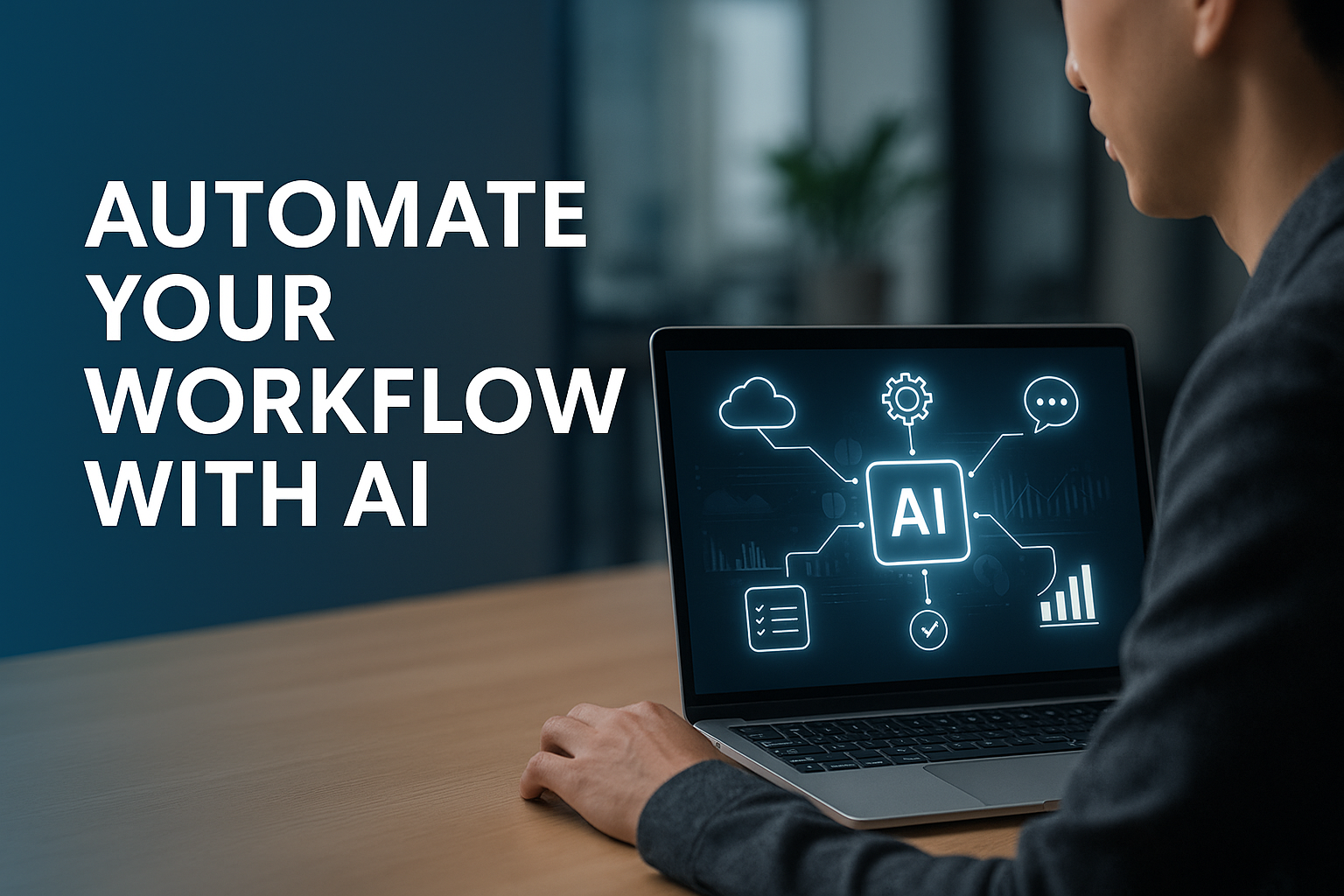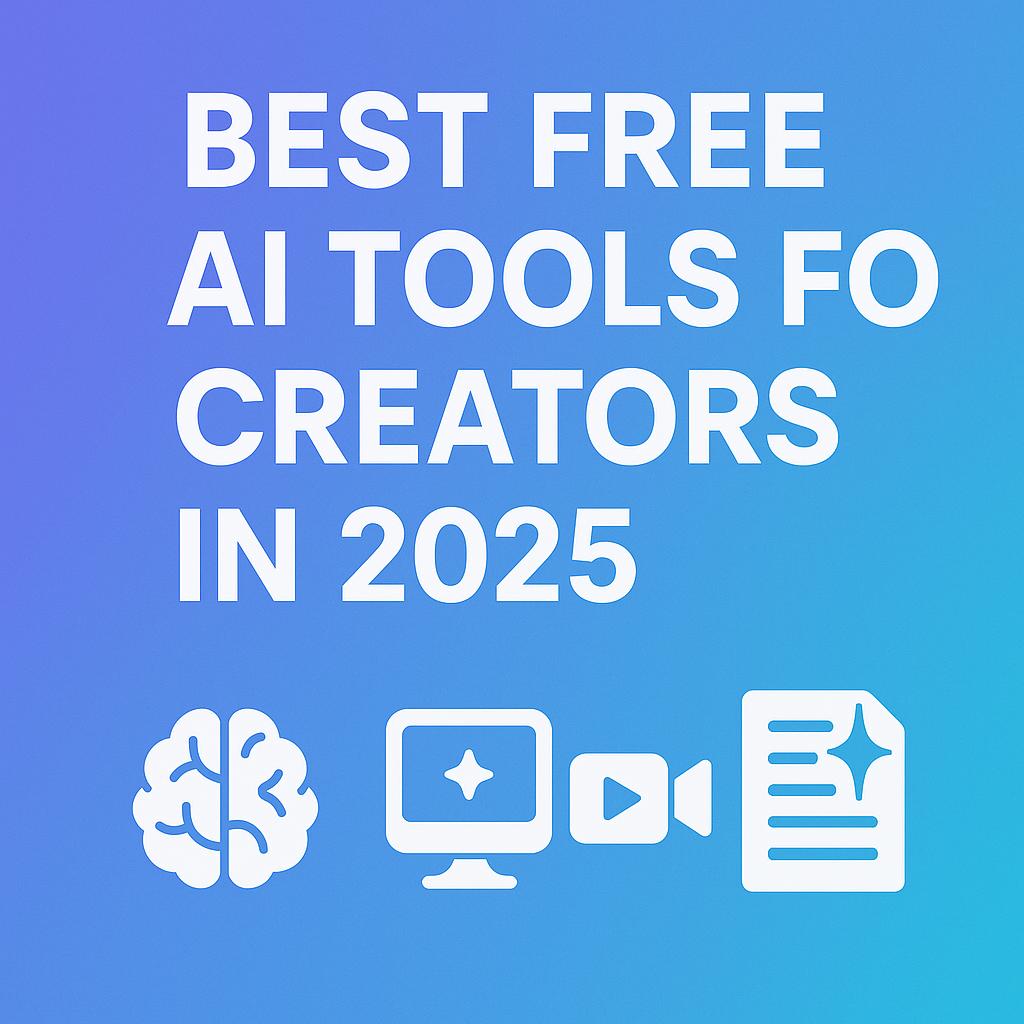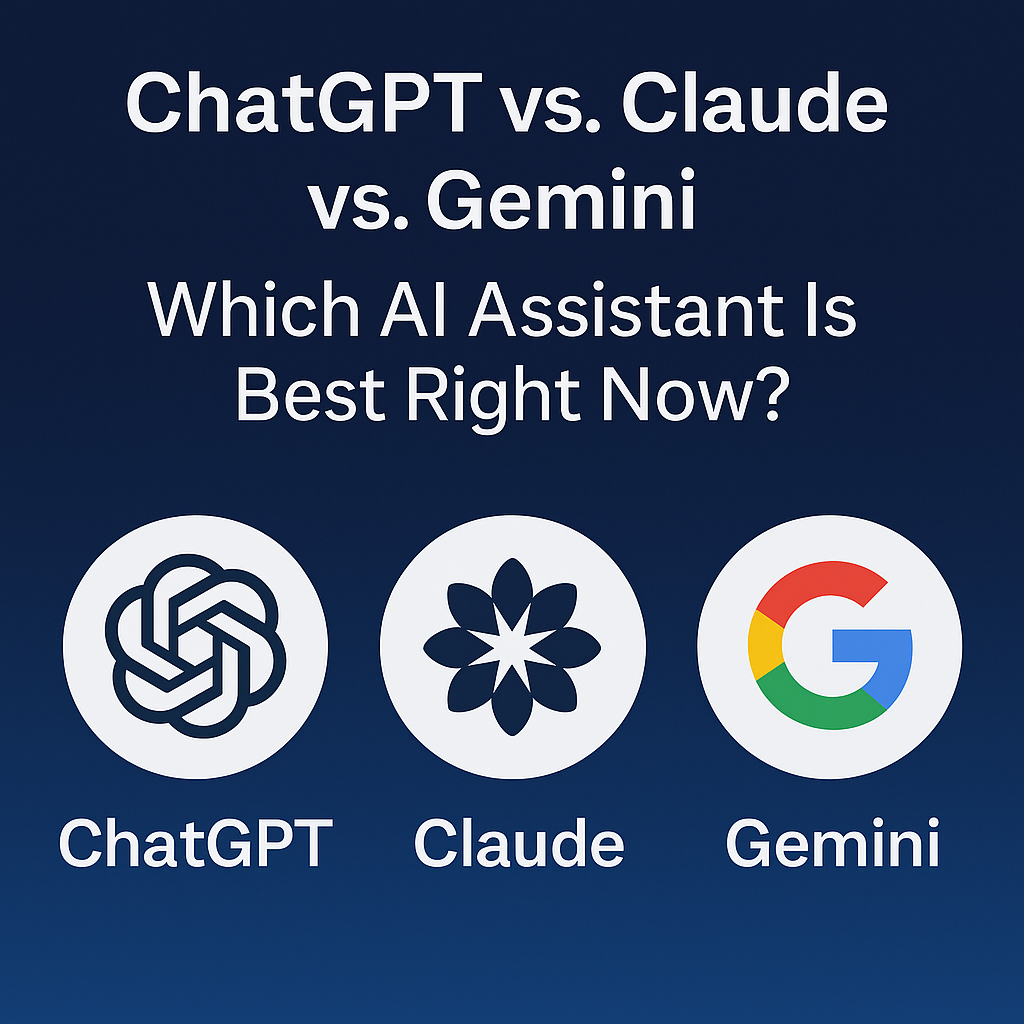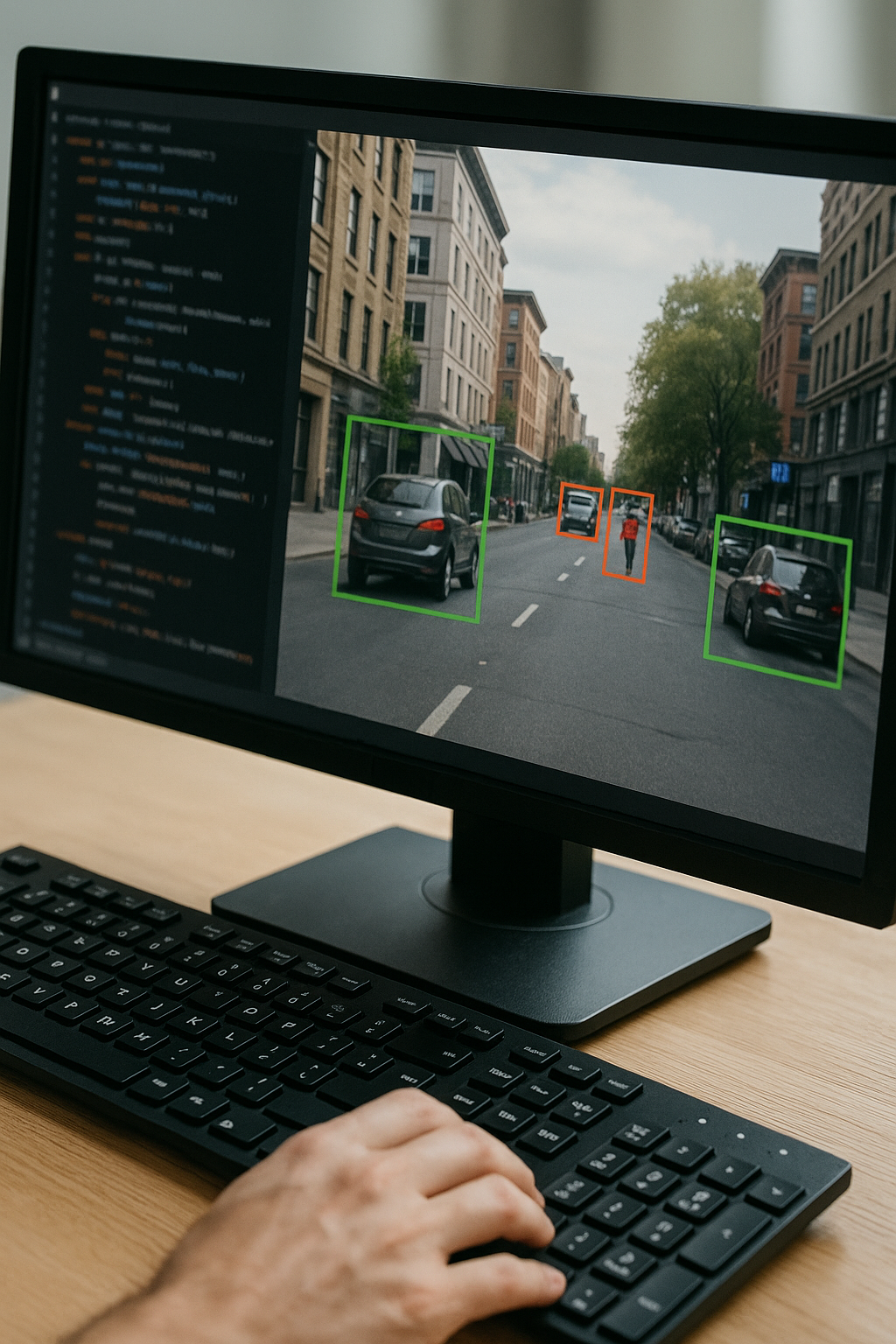AI in Scientific Discovery
Revolutionizing Research Across Frontiers
The Dawn of a New Scientific Paradigm
Artificial Intelligence is fundamentally reshaping the landscape of scientific research, transcending traditional boundaries and redefining what's possible in human knowledge creation. Far more than a mere computational tool, AI has become a transformative partner in scientific exploration, enabling researchers to tackle complex challenges with unprecedented precision, speed, and insight.
Deep Dive: AI's Multidisciplinary Scientific Impact
1. Biomedical Research and Healthcare Revolution
Precision Medicine and Personalized Treatment
AI is spearheading a paradigm shift in medical research through precision medicine. Machine learning algorithms can now:
- Analyze individual genetic profiles with extraordinary depth
- Predict disease susceptibility with remarkable accuracy
- Design personalized treatment protocols
- Identify potential drug interactions and side effects before clinical trials
Case Study: AlphaFold's Protein Structure Breakthrough DeepMind's AlphaFold represents a quantum leap in biological understanding. This AI system solved the decades-old protein folding problem, predicting protein structures with near-experimental accuracy. By mapping protein configurations that determine biological functions, AlphaFold has opened unprecedented avenues in understanding genetic diseases, developing targeted therapies, and comprehending cellular mechanisms.
Drug Discovery Acceleration
Traditional drug discovery typically requires 10-15 years and billions of dollars. AI is dramatically compressing these timelines:
- Screening millions of molecular compounds in days
- Predicting drug efficacy and potential side effects
- Identifying repurposing opportunities for existing medications
- Designing novel molecular structures with specific therapeutic properties
2. Climate Science and Environmental Modeling
Predictive Environmental Intelligence
AI's computational power enables unprecedented environmental insights:
Advanced Climate Simulation
- Creating high-resolution global and regional climate models
- Simulating complex ecosystem interactions
- Predicting extreme weather events with increasing accuracy
- Modeling long-term climate change scenarios
Biodiversity and Conservation Machine learning algorithms now:
- Track endangered species populations
- Monitor deforestation using satellite imagery
- Predict ecological migration patterns
- Design conservation strategies based on comprehensive data analysis
3. Materials Science and Quantum Research
Computational Materials Engineering
AI is revolutionizing materials discovery and design:
- Simulating material behaviors at atomic scales
- Predicting electromagnetic and mechanical properties
- Designing materials with precise, engineered characteristics
- Accelerating research in superconductors, quantum materials, and nanotechnology
Breakthrough Example: Autonomous Discovery Platforms Researchers at Lawrence Berkeley National Laboratory developed an AI system capable of autonomously designing and testing new materials, reducing discovery times from decades to months.

4. Astronomical and Space Exploration
Cosmic Data Interpretation
AI transforms astronomical research through:
- Analyzing massive telescope datasets
- Detecting previously unidentified celestial objects
- Predicting astronomical events
- Mapping complex galactic structures
Notable Achievement: Exoplanet Discovery Machine learning algorithms have discovered thousands of potential exoplanets by analyzing minute variations in stellar light patterns, dramatically expanding our understanding of planetary systems.
5. Quantum Computing and Fundamental Physics
Quantum Mechanics Simulation
AI is becoming instrumental in:
- Modeling quantum system behaviors
- Designing quantum algorithms
- Solving complex quantum computational problems
- Accelerating quantum hardware development
Ethical Considerations and Challenges
While AI presents extraordinary opportunities, critical considerations remain:
- Ensuring robust data privacy protocols
- Mitigating potential algorithmic biases
- Maintaining human oversight and ethical frameworks
- Addressing potential socioeconomic disruptions
The Convergence of Human Creativity and Artificial Intelligence
The most exciting scientific frontier isn't AI replacing human researchers, but collaborative intelligence—where human creativity and machine computational power synergize to unlock unprecedented discoveries.
Ready to Journey into the Future of Scientific Innovation?
Sign Up For Our Weekly Newsletter and Get Your FREE Ebook " AI For Everyone - Learn the Basics and Embrace the Future"



